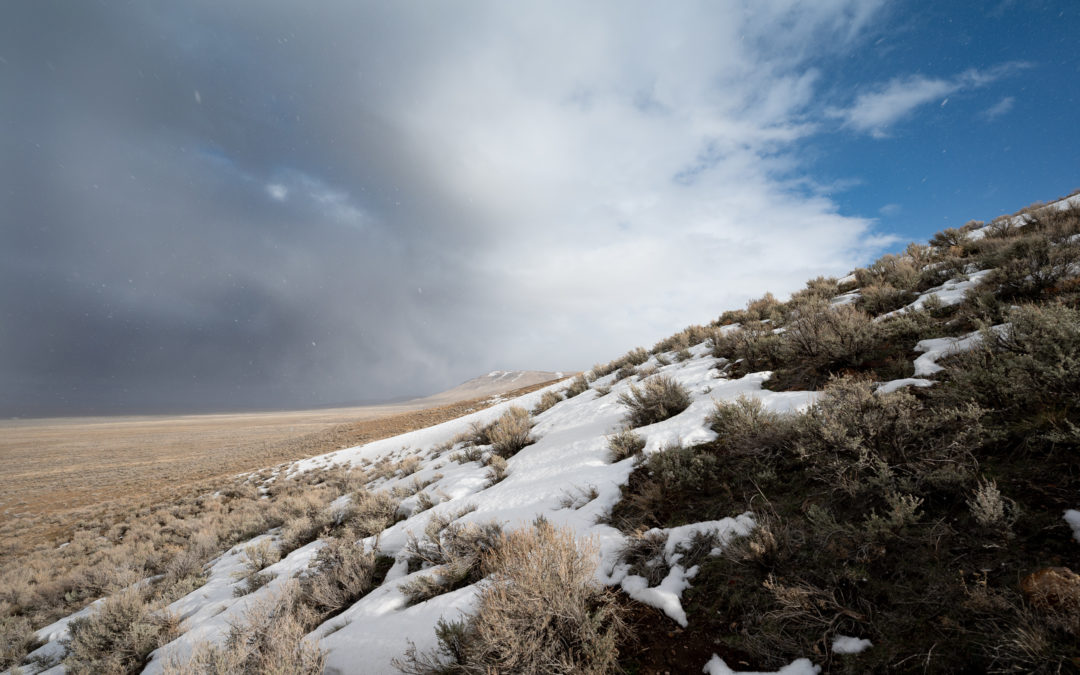November 29
For Immediate Release
On Tuesday, December 5th, from 1 pm to 2:30 pm, following a federal judge’s dismissal of their latest lawsuit, the Reno-Sparks Indian Colony (RSIC) will hold a press conference on their court cases against the Thacker Pass lithium mine.
Members of the media are invited to attend the press conference, which will be held at RSIC’s Multipurpose Room, 34 Reservation Road, Building A, Reno, NV. The press conference will also be available by zoom and will be live streaming on the RSIC Facebook page.
Speakers will include Chairman Arlan Melendez, who has led the Reno-Sparks Indian Colony for 32 years and is poised to retire at the end of this year; Michon Eben, the Tribal Historic Preservation Officer for RSIC; and Will Falk, one of the attorneys who has represented the tribe in the Thacker Pass court cases.
“We invite you to join us, as we continue our efforts to protect our sacred and culturally important site; considering it’s being destroyed right now,” said Chairman Melendez. Melendez is a nationally-respected Tribal leader and Vietnam war veteran who guided the Reno-Sparks Indian Colony through previous mining controversies, advocated for Tribal land protection and consultation rights, and helped coordinate the Tribe’s Thacker Pass strategy.
For two and a half years, Native American Tribes including the Reno-Sparks Indian Colony have been speaking out about the cultural importance of Thacker Pass, a remote mountainside in northern Nevada which Lithium Nevada Corporation plans to turn into a massive open-pit lithium mine to supply batteries for General Motors’ electric vehicles.
Thacker Pass is known as “Peehee Mu’huh” in the Paiute language, and is home to sacred sites, harvesting and hunting grounds, ceremonial areas, and the locations of two massacres of Paiute children, women and men.
On November 9th, Northern District of Nevada Chief Judge Miranda Du dismissed a second lawsuit filed in February of this year by the Reno-Sparks Indian Colony against the Bureau of Land Management (BLM) for allowing the Thacker Pass Lithium Mine to destroy sacred sites in Thacker Pass without concluding tribal consultation. The Reno-Sparks Indian Colony was joined by the Summit Lake Paiute Tribe , and Burns Paiute Tribe in the suit.
“We are very disappointed that the court is allowing Lithium Nevada to destroy the site of an 1865 massacre of Paiute peoples and a whole Traditional Cultural District before the Bureau of Land Management finished consulting with tribes about ways to avoid or mitigate harm to these sites,” says Will Falk. “While climate change is a very real, existential threat, if government agencies are allowed to rush through permitting processes to fast-track destructing mining projects like the one at Thacker Pass, more of the natural world and more Native American culture will be destroyed. Despite this project being billed as ‘green,’ it perpetrates the same harm to Native peoples that mines always have.”
Thacker Pass is located in northern Nevada near the Oregon border, where Lithium Nevada Corporation is in the first phase of building a $2 billion open-pit lithium mine which would be the largest of its kind in North America. The lithium is mainly destined for General Motors Corporation’s electric car batteries, which the corporation claims is “green.” Mine opponents call this greenwashing and have stated that “it’s not green to blow up a mountain.”
Lithium Nevada claims that its lithium mine will be essential to producing batteries for combating global warming. The Biden administration has previously indicated some support for Thacker Pass as part of the president’s climate policy.
Opponents of the project have called this “greenwashing,” arguing that the project would harm important wildlife habitat and create significant pollution, including greenhouse gas emissions. They say that electric cars are harmful to the planet and a different approach is needed to address the climate crisis.
The lithium produced at Thacker Pass would end up in electric vehicles produced by General Motors including the electric version of the Hummer, a $110,000, >9,000 pound behemoth that produces more carbon dioxide pollution than an average gasoline-fueled sedan.
“Global warming is a serious problem and we cannot continue burning fossil fuels, but destroying mountains for lithium is just as bad as destroying mountains for coal,” says Max Wilbert, co-founder of Protect Thacker Pass and author of the book Bright Green Lies: How the Environmental Movement Lost Its Way and What We Can Do About It. “You can’t blow up a mountain and call it green.”
To request the zoom link or to learn more about the RSIC community, culture, departments, economic developments, business opportunities and services, contact Bethany Sam, Public Relations Officer.
###
Protect Thacker Pass and several named defendants are fighting a lawsuit filed against them by Lithium Nevada Corporation. We are seeking monetary donations to their legal defense fund. You can donate via credit or debit card, PayPal (please include a note that your donation is for Thacker Pass legal defense), or by check.
Image by Max Wilbert of the landscape at Thacker Pass before mining construction began.

